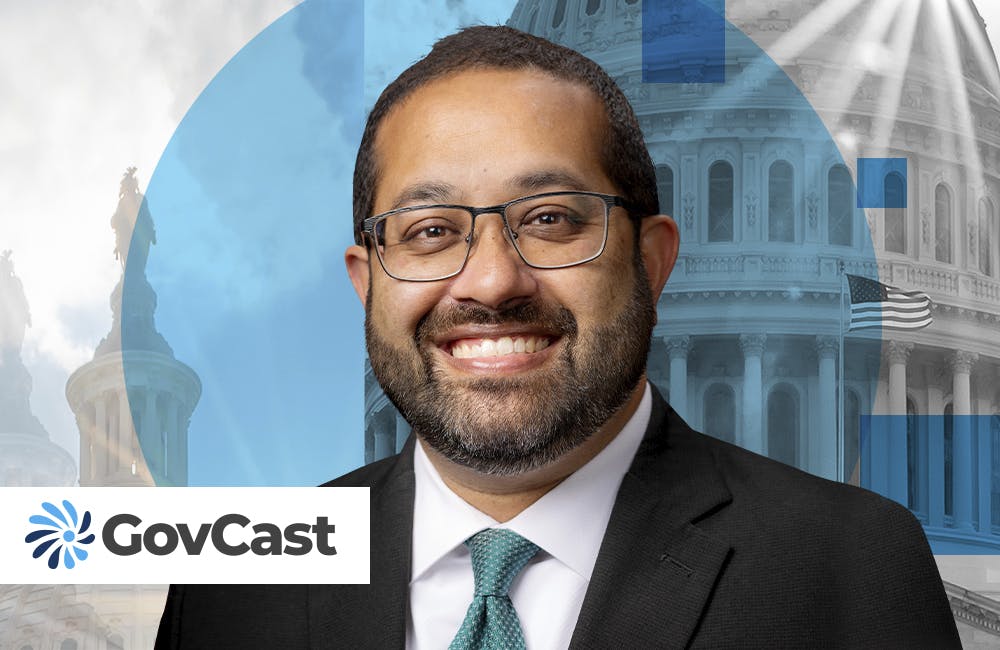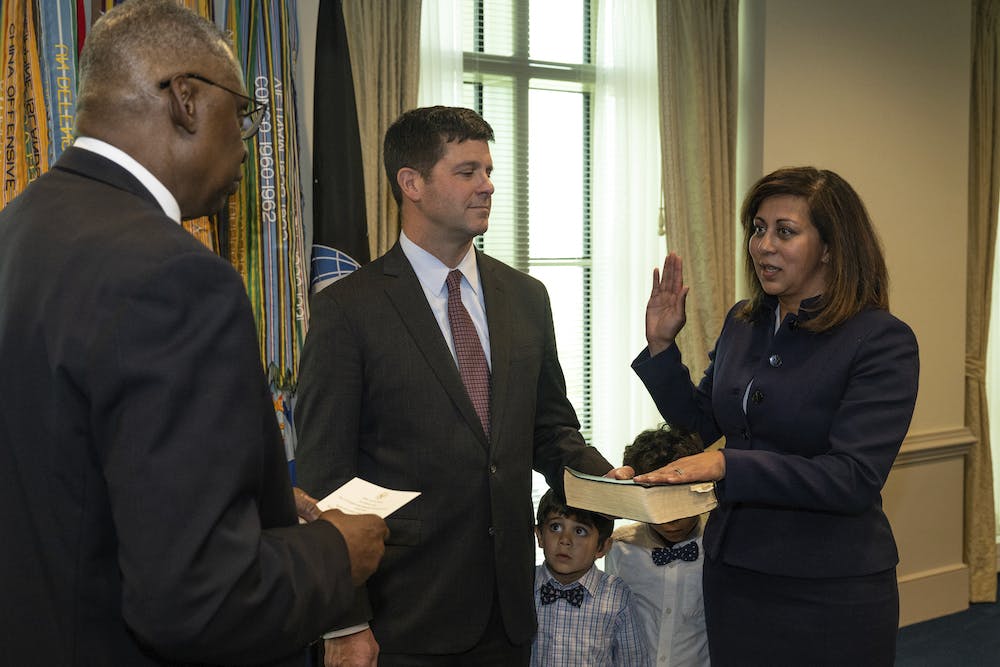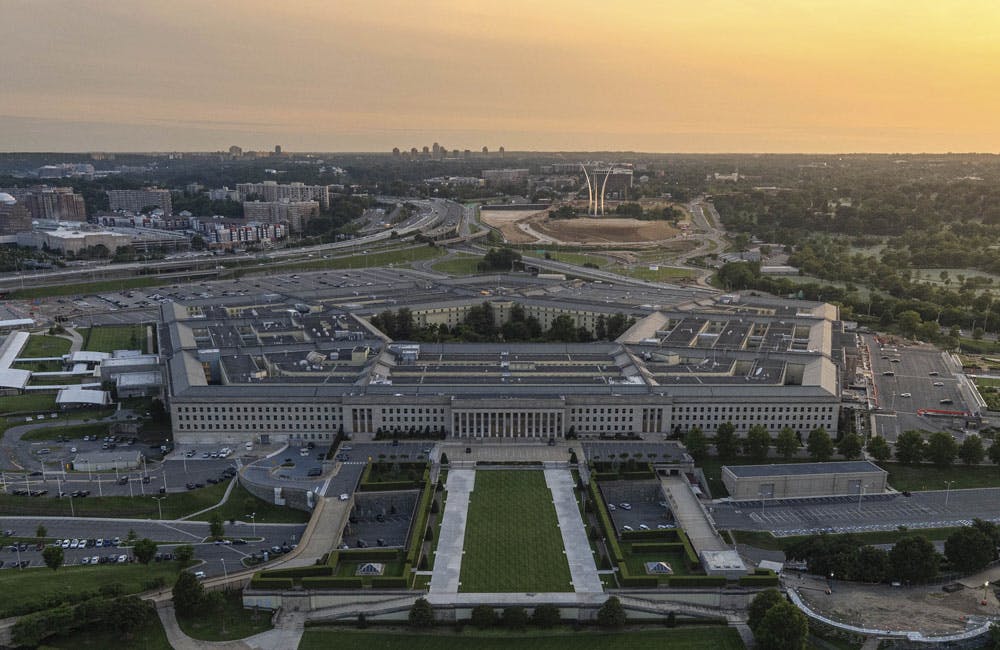VA Begins Implementing CARES Act Provisions
The agency is now delegating COVID-19 relief funding toward medical care and telehealth capabilities.

Following the Coronavirus Aid, Relief and Economic Security (CARES) Act being signed into law on March 27, the Department of Veterans Affairs has begun allocating its share of the bill’s funding to caring for veterans and strengthening its response to the COVID-19 pandemic.
The CARES Act designated a multifaceted funding stream to the VA that is intent on bolstering services ranging from direct medical care and telehealth to assistance for veteran borrowers and homeowners.
“VA has been moving quickly to implement the president’s intent to hire new staff, take care of homeless veterans, use our cutting-edge telehealth technology to keep appointments, help state-run veterans homes,” VA Secretary Robert Wilkie said in a press release.
A significant portion of the funding — $17.2 billion in total — is being allocated directly to the Veterans Health Administration as the VA begins to organize itself to fulfill the agency’s “fourth mission” and provide emergency medical support and care amidst a national crisis. Much of the VA’s current focus has shifted toward using its available resources and human capital to provide additional treatment space and personnel to aid parts of the country whose local health care systems become overextended while caring for COVID-19 patients.
A considerable amount of the $17.2 billion allocated to the VHA is supporting the agency’s push to recruit a bulwark of medical personnel who will focus exclusively on COVID-19 triage and care. The mounting epidemic has created newfound demand for caregivers dedicated exclusively to treating COVID-19 patients, a contingency that is leading the agency to creating separate wards for novel coronavirus triage as well as mobile field hospitals that can deploy to regions suffering from a deficit of available physicians and facilities.
While much of CARES Act funding directed at the VHA is being allocated to hiring medical professionals who oversee COVID-19 triage, a considerable volume of the finances are directed toward purchasing pharmaceuticals and crucial equipment like ventilators and personal protective equipment for VA staff.
Another portion of the CARES Act VA support has been set aside to provide assistance to veterans experiencing financial strain or loss of employment amidst the pandemic’s economic toll. The social distancing measures necessary to decrease COVID-19’s human toll have led to economic downturn and layoffs, and the CARES Act has allocated supplemental funding to the VA that supports loan forbearance while protecting against foreclosures and evictions for veterans currently managing a VA-supported mortgage.
Another major component of the emergency CARES Act provisions include a focus on providing telehealth resources for veterans seeking in-home care. The mounting influx of COVID-19 patients to VHA hospitals has motivated the VA to encourage veterans with manageable symptoms to seek medical counsel remotely — particularly so as to avoid overwhelming VHA facilities and prevent exposure to novel coronavirus patients. An additional portion of these telehealth resources will be dedicated to providing mental health counseling for veterans who cannot travel due to upholding social distancing protocol.
The VA has made the expansion of telehealth resources a key focus of its modernization push, and the CARES Act is providing additional funding to purchase the equipment necessary to broaden the agency’s remote care base. This has been coupled with a focus on expediting the paperwork process to apply for VA telehealth services, as well as granting provisions to enter into free or reduced-price contracts for telehealth providers looking to bring remote mental health services to rural areas.
This is a carousel with manually rotating slides. Use Next and Previous buttons to navigate or jump to a slide with the slide dots
-

How Tech Enables Environmental Justice at EPA
The agency wants to eliminate bias and establish new tech standards to reduce greenhouse gas emissions.
39m listen -

The CAIOs Leading Responsible AI Development Across Government
Since the White House's AI executive order, federal agencies are in the process of naming chief artificial intelligence officers.
7m read -

How TMF is Helping Agencies Accelerate Tech Modernization
The program launched a new AI pilot to expedite TMF applications as agency leaders urge more to consider applying for funds.
4m read -

Defense Board to Pitch Solutions for Closing Tech Talent Gaps
Defense Innovation Board members cite need to modernize people management the same way government modernizes technology.
4m read








